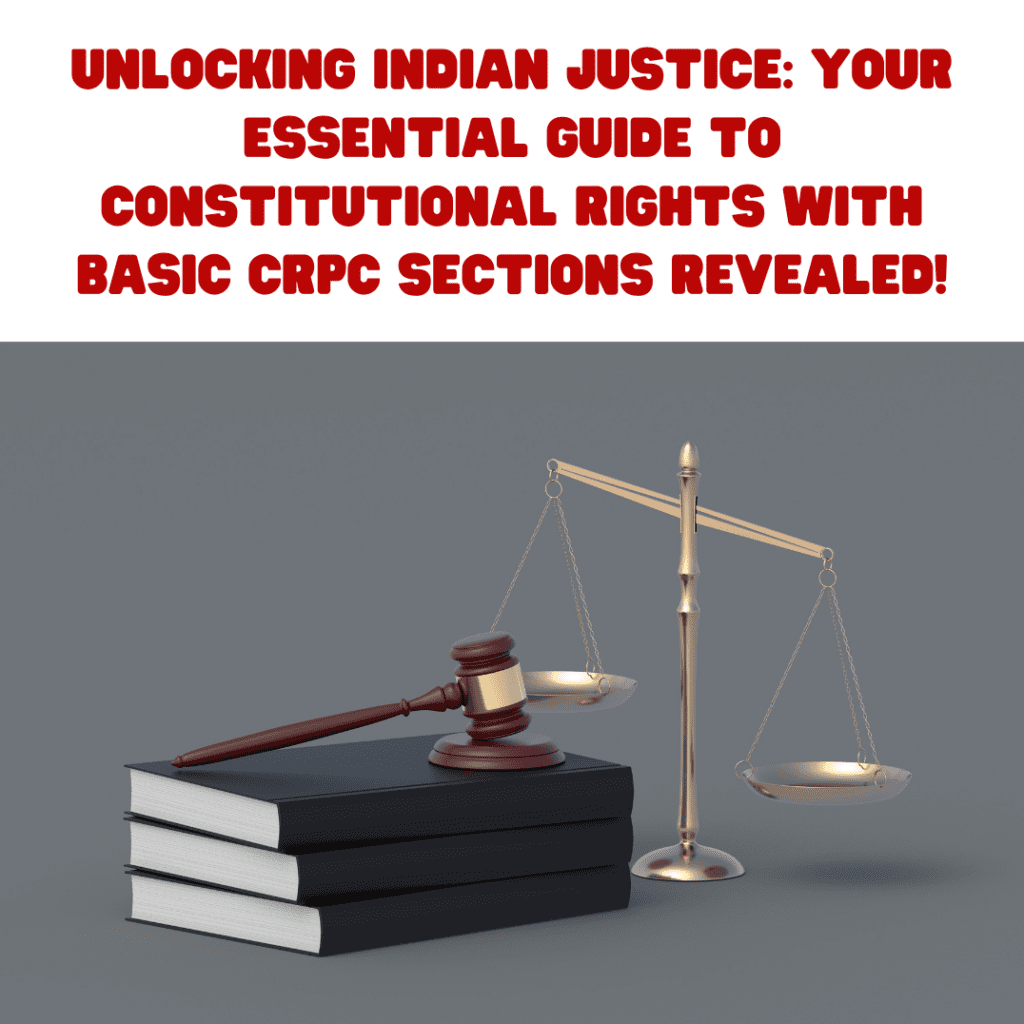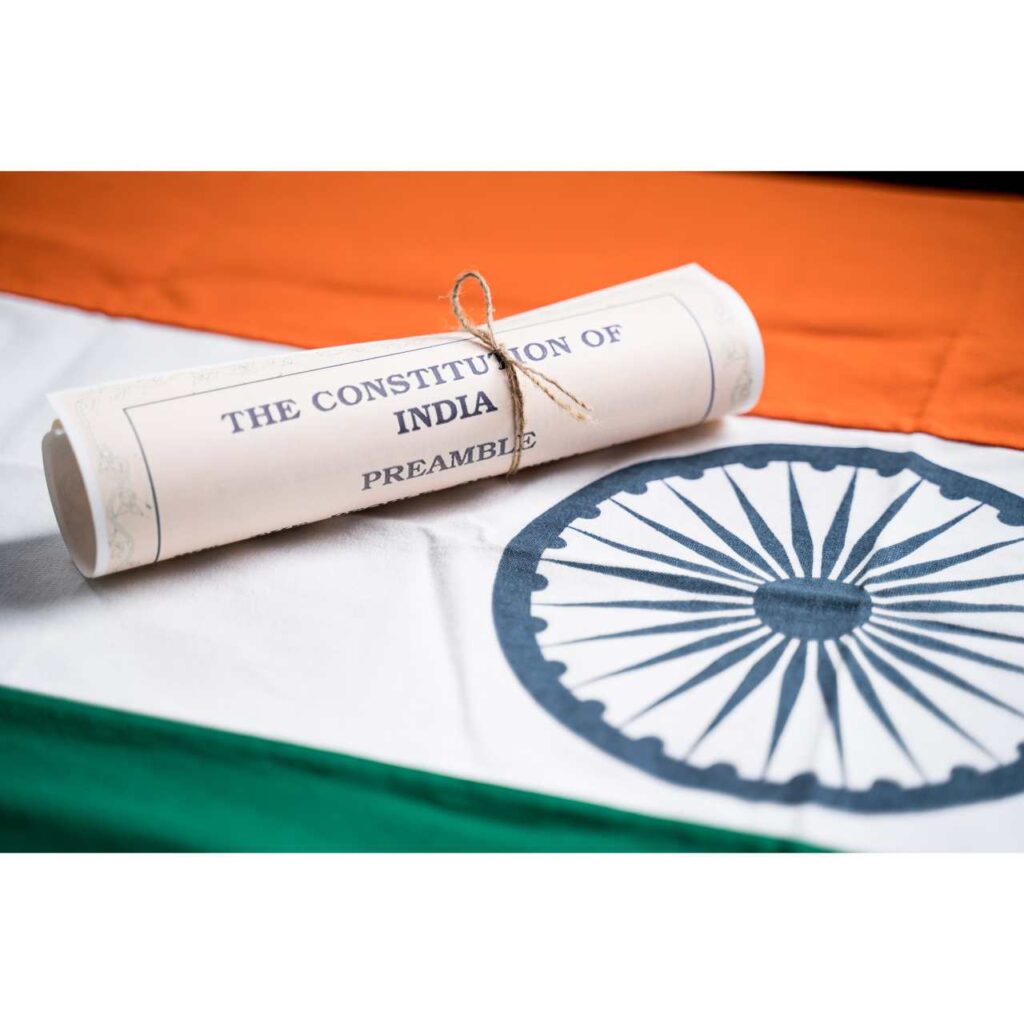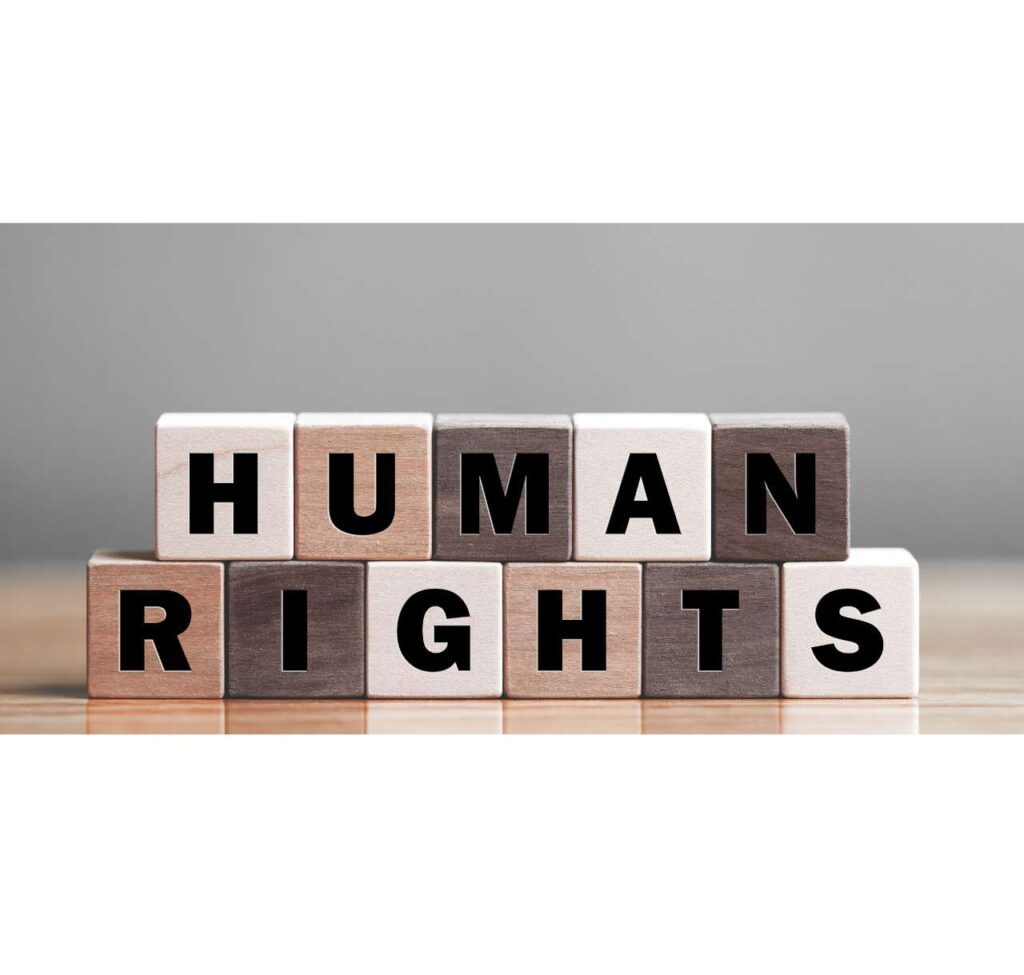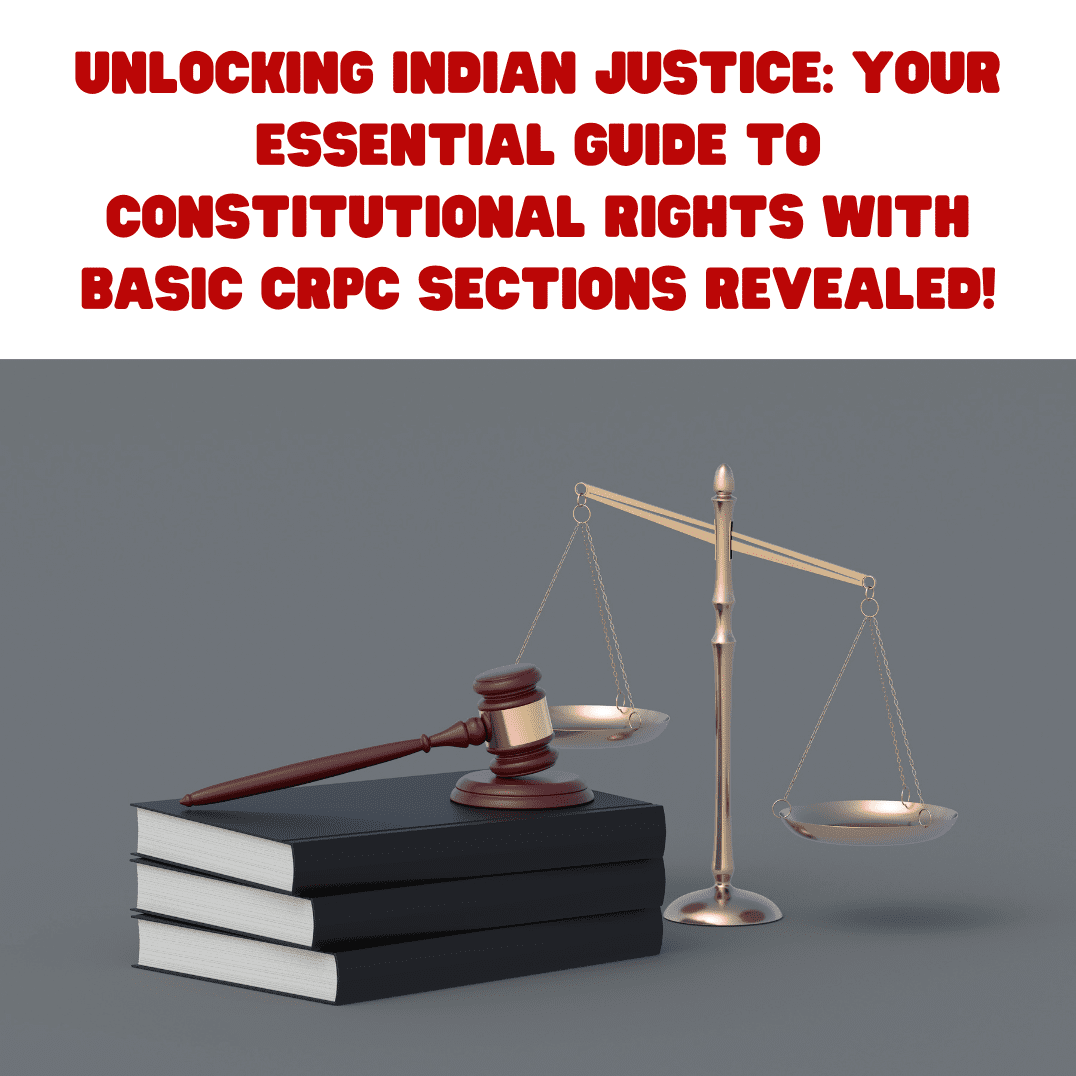Introduction:
In the democratic tapestry of India, constitutional rights serve as the bedrock of a just and equitable society. Familiarizing oneself with these rights, and the corresponding sections of the Code of Criminal Procedure (CRPC), is not just a privilege but an essential aspect of being an informed citizen. Here, we delve into some crucial constitutional rights every Indian should be acquainted with, complemented by basic CRPC sections.
1. Right to Equality (Article 14):
The Right to Equality ensures that every citizen is equal before the law. Article 14 of the Constitution prohibits discrimination on grounds of religion, race, caste, sex, or place of birth. Any violation of this right can be addressed through legal remedies provided under CRPC Section 154.
2. Right to Freedom (Article 19):
Encompassing various liberties, including freedom of speech, expression, assembly, association, and movement, Article 19 guarantees the Right to Freedom. CRPC Sections 107 and 144 may come into play to regulate certain activities in the interest of public order.
3. Right Against Exploitation (Article 23):
Article 23 prohibits trafficking and forced labor. Any violation can be reported under CRPC Section 370, dealing with trafficking of persons, and Section 374, addressing the use of forced labor.
4. Right to Freedom of Religion (Article 25):
Article 25 grants individuals the Right to Freedom of Religion, allowing them to practice, profess, and propagate any religion of their choice. CRPC Section 295A deals with deliberate and malicious acts intended to outrage religious feelings.
5. Cultural and Educational Rights (Article 29 and 30):

Articles 29 and 30 safeguard the rights of minorities to conserve their distinct language, script, and culture. CRPC Section 153A deals with promoting enmity between different groups on grounds of religion, race, etc.
6. Right to Constitutional Remedies (Article 32):
Article 32 empowers citizens to approach the Supreme Court for the enforcement of fundamental rights. This right is crucial in safeguarding individual liberties. Relevant CRPC sections include 32 and 482, empowering the High Court to exercise its inherent powers.
7. Right to Privacy (Inferred from Article 21):
While not explicitly mentioned, the Right to Privacy is considered an intrinsic part of the Right to Life and Personal Liberty (Article 21). CRPC Sections 91 and 92 deal with the power to compel the production of documents.
8. Right to Education (Article 21A):
Article 21A guarantees the Right to Education for children between 6 and 14 years. CRPC Section 82 allows a magistrate to issue a search warrant for a missing child.
9. Right to Information (Not Directly in Constitution):
The Right to Information empowers citizens to seek information from public authorities. Relevant CRPC sections include 91 and 93, enabling the magistrate to order the production of documents.
10. Environmental Rights (Judicial Interpretations):
Judicial interpretations, including those related to environmental rights, contribute to the evolving nature of constitutional rights. Relevant CRPC sections include 133, empowering magistrates to order the removal of a public nuisance.
Conclusion:
Being aware of these constitutional rights, coupled with an understanding of the basic CRPC sections, is pivotal for every Indian citizen. It not only empowers individuals to protect their rights but also contributes to the collective efforts toward a just and inclusive society. By navigating these legal nuances, citizens can actively participate in upholding the principles that form the foundation of India’s democratic ethos.



















What do you think?
It is nice to know your opinion. Leave a comment.